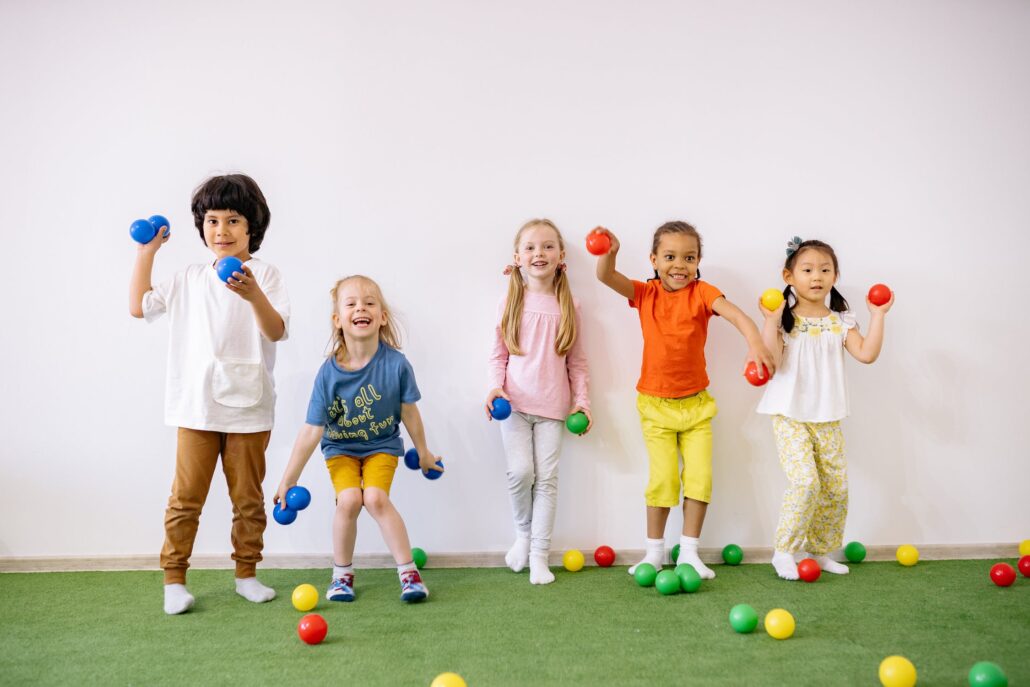
Forming friendships and children with attention deficit hyperactivity disorder
Writer: Bob C
Why might children diagnosed with ADHD struggle to make friends?
Children diagnosed with ADHD have fewer friends, They may be less likely to be accepted by their peers, They are more likely to experience social rejection during their teenage years. Some regardless of whether ADHD symptoms persist or not.
Scientists are cutting edge in the research behind the impact of ADHD on socialization. Dr. Catherine L. Bagwell, From the University of Richmond in Virginia, A team of researchers conducted interviews with more than 100 young people between the ages of 13-18 diagnosed with ADHD, as well as their parents and teachers. The researchers compared their findings in interviews with 100 adolescents undiagnosed with ADHD. Youth diagnosed with ADHD were less likely to make friends as children, They are more often rejected by their peers than those who have not been diagnosed with ADHD. According to interviews with teenagers, the study was published in November 2001 From the Journal of the American Academy of Child and Adolescent Psychiatry.
Social problems may persist in children and adolescents with ADHD regardless of their use of medication. Using medication to treat ADHD does not appear to affect friendships or whether the adult with ADHD is rejected by peers.
The study authors wrote: “Given the importance of peer group acceptance and friendships for the well-being of children with ADHD, “Adolescence can be particularly challenging for adult individuals with ADHD.”
Social skills of children and adults with attention-deficit/hyperactivity disorder
Social skills and competence are important for children and adults with ADHD. Academic skills are not the primary determinant of the success of adults with ADHD; According to Richard Lavoie, “social competence” is defined as the understanding of what is appropriate and the ability to apply this understanding successfully in social situations. Therefore knowledge is not enough, Even those who understand the finer points of social interaction may find it difficult to make friends because of their social behavior.
The question here is: Do individuals diagnosed with ADHD choose to be impolite? says Michelle Novotny, author of What Does Everyone Know That I Don’t Know? They do not think so and it may be closer to automatic reactions due to their impulsivity. However, they may engage in socially unacceptable behaviors in different social situations.
Novotny explains that there is a difference between knowing and doing. And she says: “Many individuals diagnosed with ADHD may know appropriate social behavior, But they may not perform appropriate social behavior, Rather than a lack of knowledge, it can sometimes be a lack of performance.”
Novotny’s words reflect what many of us have heard while having children with ADHD in kindergarten: “He knows what he has to do,” But he won’t do that.” Or “She knows the material, But she doesn’t complete the tasks.” The gap between ability and performance is one of the core features of ADHD. Such inconsistent behavior can have a significant impact on friendships for children with ADHD.
Reference:
When Kids With ADHD Struggle To Make Friends: For Parents (additudemag.com)
